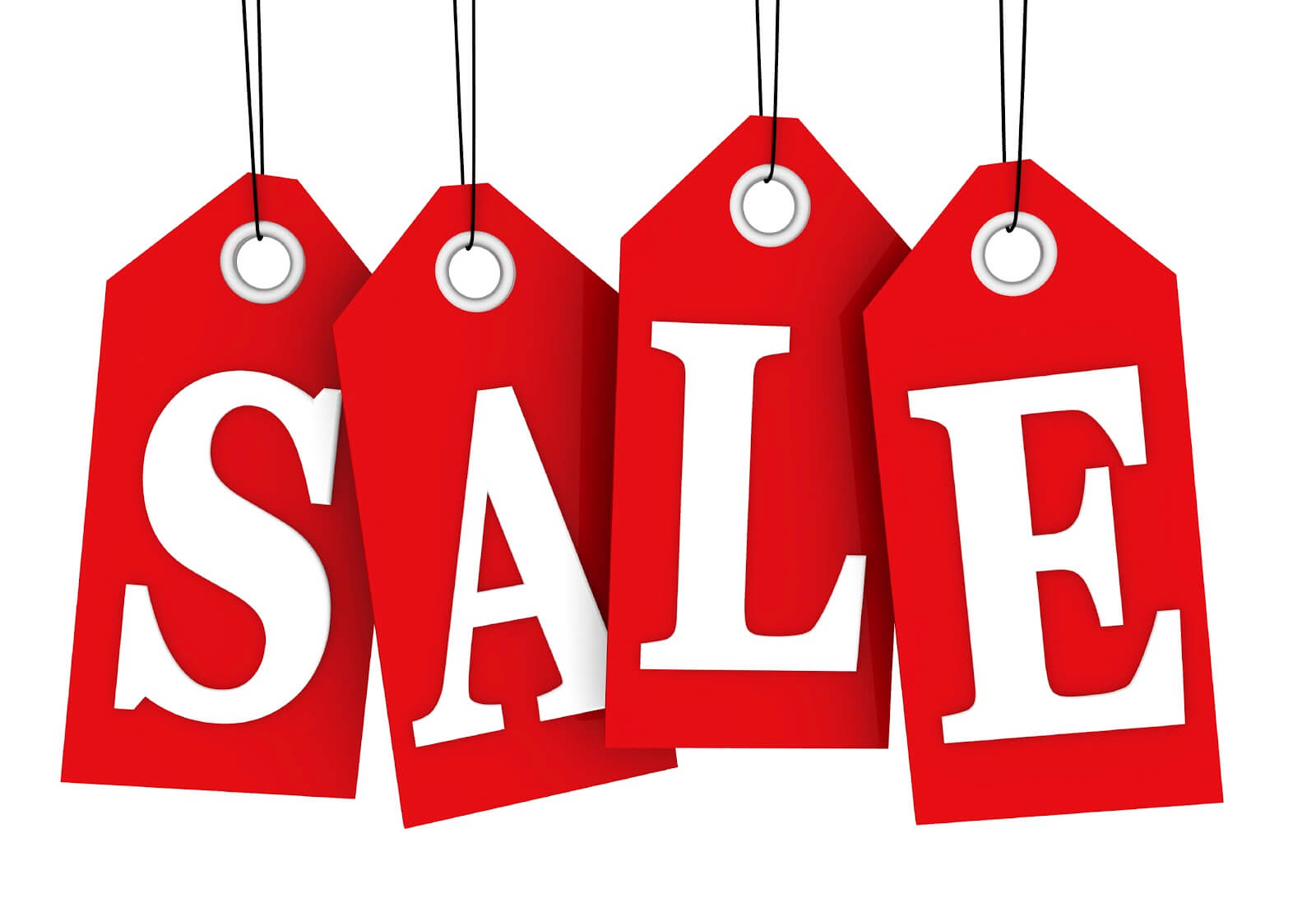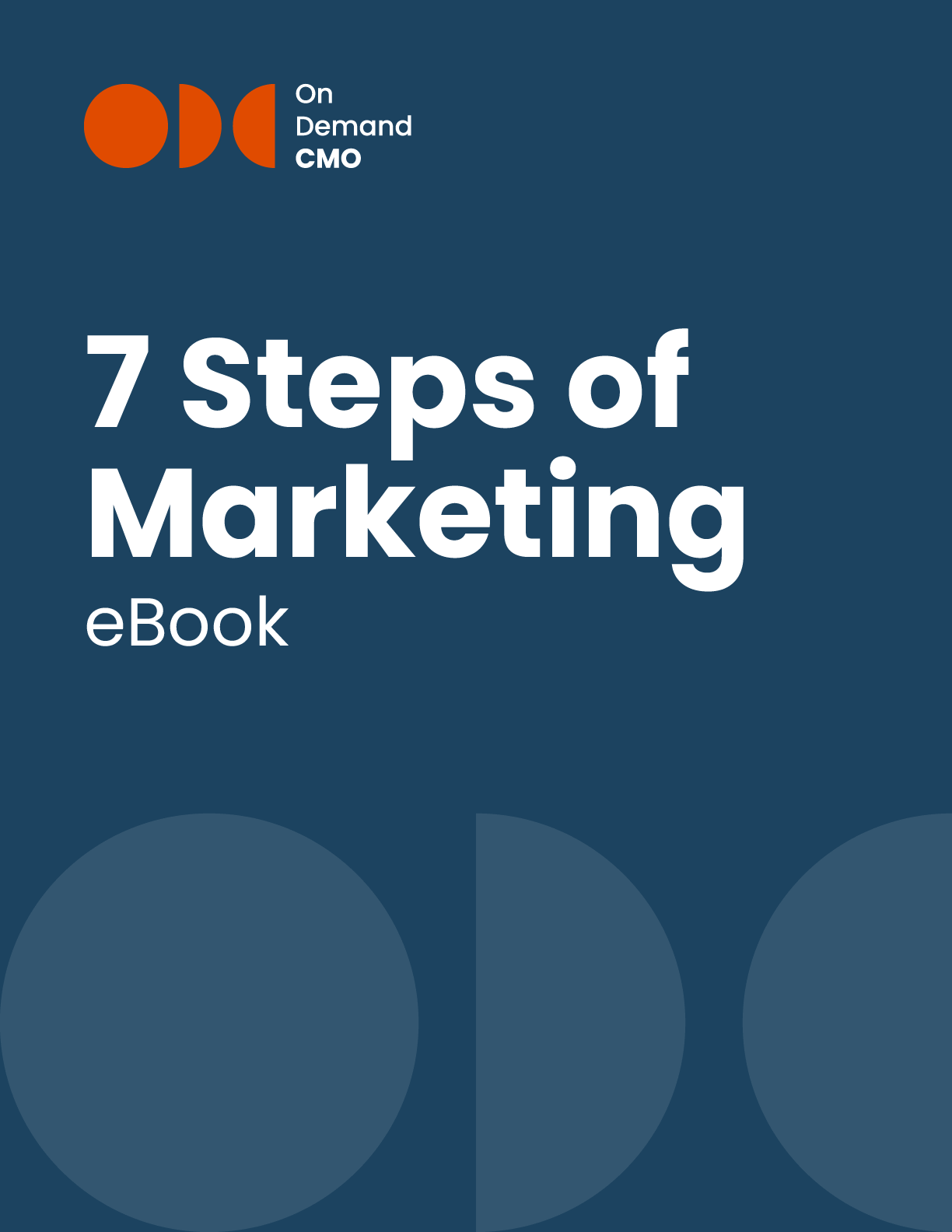
If you sell a physical product or service directly to consumers, you’ve probably at least considered running a promotion to help boost flagging sales. Sometimes it even seems like you have to do it, if every single one of your competitors is running some kind of holiday coupon or discount. For some businesses, however, it can be much more important to protect the integrity of your brand by never running any kind of promotion than to capture the tiny bit of market share that you might temporarily lose to discount-happy competitors. We’ll take a closer look at a few market cases to help you decide whether you should ever run a sale for your own business.
Is Your Product a Commodity?
A pure commodity product doesn’t differ very much from one competitor’s offerings to another. It doesn’t much matter whether Kellogg’s cereal uses grain grown in Kansas or South America if they can find it for a lower price. If you are selling a commodity item that your customers could get more or less anywhere, then price is a huge (if not the sole) deciding factor when your customers choose where to buy. In this case, carefully considered and cleverly presented discounts can be a powerful marketing tool.
However, this is not the case if you are selling something highly unique to your company’s specific abilities. For example, if you are a public speaker with a story that only you can tell, or a manufacturer of highly niche equipment, then commodifying your product with a discount may be the very last thing you would ever want to do. Discounting could then lower your offerings’ perceived value with your customers.
Constant Couponing
Kohl’s department store runs on a model of heavy couponing and discounting. They give out extremely limited-run coupons with every purchase, they stack discounts, and almost every single thing on their most prominent display racks is run on a discounted price. That model works well for their target audience and for a retail department store. But, it depends on keeping up constant couponing and coming up with new and exciting ways to offer discounts. It’s obvious to their customers that “pre-sale” prices are marked up, and that the non-discounted pricing is significantly higher than what could be found elsewhere for similar merchandise. If those discounts went away overnight, or they were to discontinue their coupon stacking and credit program, customers would have very little reason to ever shop there again. Running frequent sales can expose your business to this risk. Eventually, your customers will come to expect them, and they will only shop with you at the price you’ve taught them is fair.
The Anti-Sale
Every year, the popular party game Cards Against Humanity runs an anti-sale on Black Friday. One year, they raised prices by five dollars. Another year, they replaced their regular sales page with a form allowing visitors to give them five dollars in exchange for absolutely nothing, (which over 12 thousand fans did.) But as the company pointed out on their own blog, they are probably the only company that could get away with doing that. Cards Against Humanity markets itself as ‘a card game for terrible people’, and everything they do as a company invokes the irreverent humor of the game. This anti-status quo attitude is exactly what brought in their customers in the first place, and the Black Friday gimmicks played really well with them. Their sales actually improved that year. Cards Against Humanity also publicly donates a huge amount of money to charity through their various publicity stunts and campaigns. Therefore, somewhat paradoxically, integrity is also a big part of their brand. Not only did this company fail to participate in the commonly accepted inevitability of the Black Friday sale, they did it in a way that reinforced their character as a brand and inspired even stronger customer loyalty.
The Takeaway
Some business do very well by running sales, and some should not discount their products ever. The answer has to do with your brand integrity, and the relative importance of price in your customers’ buying decisions.

OnDemandCMO has authored 7 Steps of Marketing, the only marketing guide book you’ll need to either get your marketing started properly, or stay on track strategically.
It features best practices on branding, messaging, social media, lead generation and much in between.
Please let us know who you are, and we'll share a few of our secrets (we don't sell or trade your info)!